The Law on Credit Institutions passed by the National Assembly on January 18, 2024 will officially take effect from July 1, 2024.
The new law has some very notable changes, including adjusting the ownership ratio of shareholders, shareholders and related persons of shareholders, specifically:
Reduce the maximum shareholding ratio of an institutional shareholder from 15% to 10%; reduce the maximum shareholding ratio of a shareholder and related persons of that shareholder from 20% to 15%; supplement regulations on shareholders owning 1% or more of charter capital that must disclose information; supplement a number of groups of people related to credit institutions to ensure clarity in identifying related persons... to contribute to limiting and preventing cross-ownership and ownership that has a nature of dominating the operations of credit institutions.
Accordingly, ownership of shares exceeding the prescribed limit and cross-ownership in the credit institution system have been gradually handled. The situation of large shareholders/groups of shareholders manipulating and dominating banks has been regulated to eliminate and limit.
According to the report of the State Bank sent to the National Assembly at the 7th Session of the 15th National Assembly, the share ownership exceeding the limit and cross-ownership between credit institutions, credit institutions and processed enterprises have decreased significantly compared to previous periods.
However, handling the issue of ownership exceeding the prescribed limit and cross-ownership is still difficult in cases where major shareholders and related persons of major shareholders intentionally conceal or ask other individuals/organizations to stand in their names to own shares to circumvent legal regulations, leading to the credit institution being controlled by these shareholders, potentially leading to the risk of operating without publicity and transparency.

The State Bank said that in the coming time, it will continue to monitor the safety of credit institutions' operations and through inspections of capital, share ownership of credit institutions, lending, investment, and capital contribution activities... In case of detecting risks or violations, this agency will direct credit institutions to handle existing problems to prevent risks.
In cases where signs of crime are detected, the State Bank will consider transferring the case to the police to investigate and clarify any violations of the law (if any) for handling.
In addition, implementing the 2023 inspection plan of the State Bank, inspection teams of the banking inspection and supervision agency focused on inspecting the contents of share ownership ratio; purchase and transfer of bank shares; credit granting to large customers/customer groups (loans, guarantees, L/C, corporate bond investment).
The State Bank of Vietnam said it will continue to include the inspection of transfer and ownership activities of shares and stocks that may lead to the acquisition and control of credit institutions in the 2024 inspection plan.
Previously, in 2017, when the Law on Credit Institutions was amended and passed by the National Assembly, it also amended and supplemented regulations to limit the ownership of major shareholders at many credit institutions, and to limit the abuse of the positions of managers, executives, and major shareholders in receiving credit from credit institutions.
Specify cases in which managers and executives of credit institutions are not allowed to hold concurrent positions at other credit institutions and enterprises; and prescribe cases in which they are determined to be related persons.
In addition, the State Bank has issued relevant circulars, especially Circular 22 of 2019, which specifically regulates the maximum limit on purchasing and holding shares of commercial banks to contribute to limiting cross-ownership among credit institutions and perfecting the legal framework on credit granting activities...
The Law on Credit Institutions 2024 also codifies a number of regulations on bad debt and handling of collateral of bad debt of credit institutions and foreign bank branches such as:
Selling bad debts and collateral of bad debts; buying and selling bad debts of debt buying and handling organizations; buying and selling bad debts with collateral being land use rights and assets attached to land formed in the future; order of payment priority when handling collateral of bad debts...
At the same time, the Law on Credit Institutions 2024 also has transitional provisions for a number of cases where the provisions of Resolution No. 42 dated June 21, 2017 of the National Assembly are being applied but not codified in the Law on Credit Institutions, ensuring that the bad debt handling process is not interrupted.
Source: https://vietnamnet.vn/chinh-thuc-siet-thao-tung-ngan-hang-theo-quy-dinh-moi-tu-1-7-2295091.html




![[Photo] General Secretary To Lam receives the Director of the Academy of Public Administration and National Economy under the President of the Russian Federation](/_next/image?url=https%3A%2F%2Fvphoto.vietnam.vn%2Fthumb%2F1200x675%2Fvietnam%2Fresource%2FIMAGE%2F2025%2F12%2F08%2F1765200203892_a1-bnd-0933-4198-jpg.webp&w=3840&q=75)







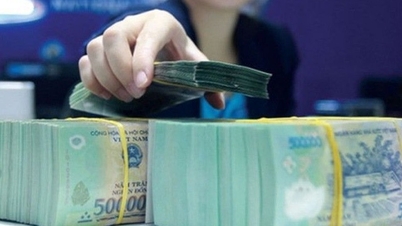



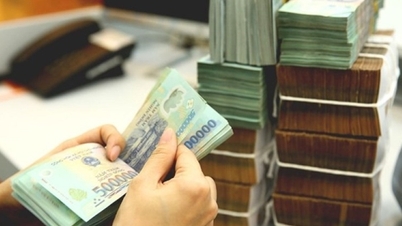




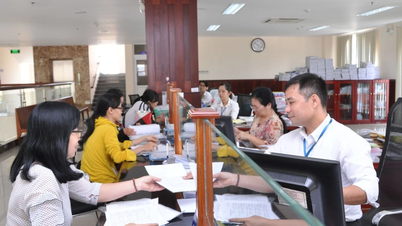


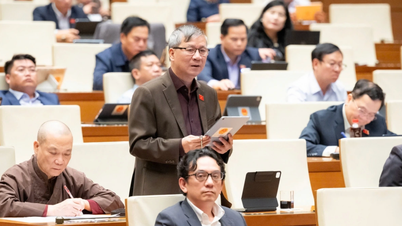










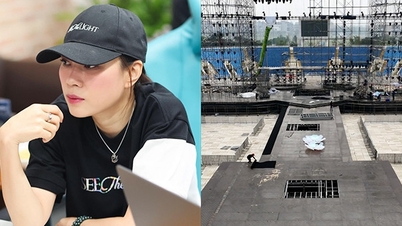















































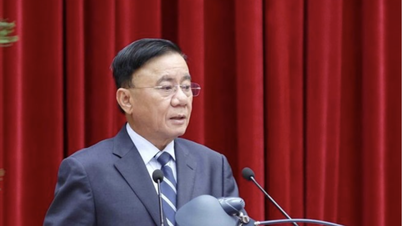


















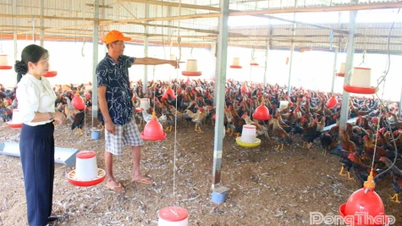
















Comment (0)